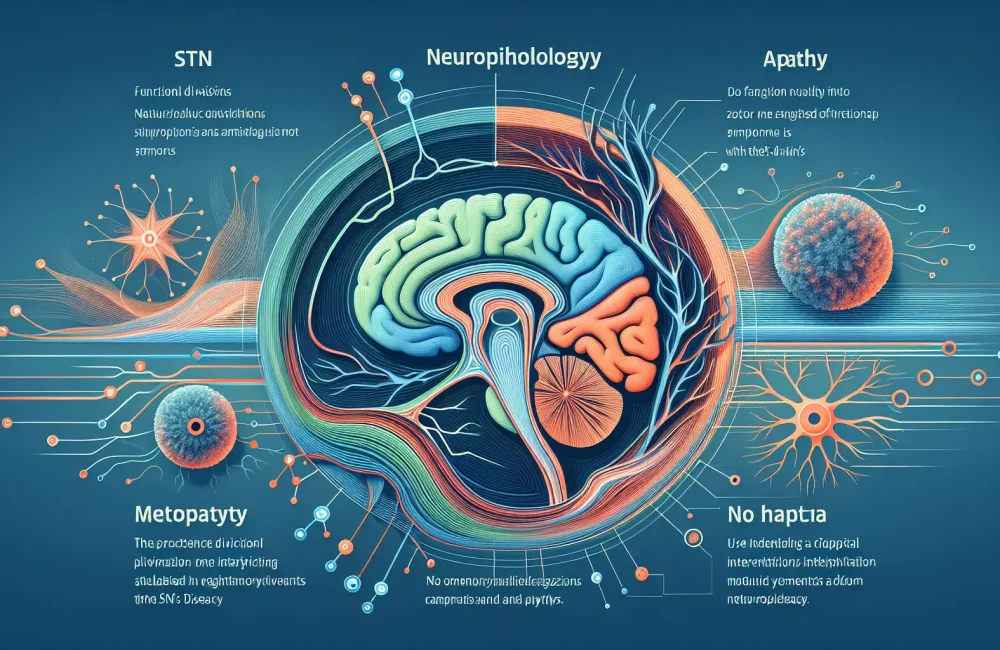By CAFMI AI From npj Parkinson’s Disease (Open Access)
Understanding Selective Odour Loss in Parkinson’s Disease
Hyposmia, or reduced sense of smell, is a common early symptom of Parkinson’s disease (PD), often appearing years before the classic motor symptoms. This early manifestation provides a vital window for diagnosis and intervention. Recent research has focused on selective odour loss, where patients with PD do not just experience a general decline in smell but show impaired recognition of certain scents more than others. This selective deficit reflects underlying changes in the olfactory system specific to PD. For primary care clinicians, appreciating this pattern can help differentiate PD-related smell loss from other causes, improving early detection and patient counseling.
Mechanisms Behind Selective Hyposmia and Diagnostic Implications
Selective odour loss in PD may arise from differential vulnerability of olfactory receptor neurons and specific α-synuclein pathology affecting certain neural circuits. Different odours activate distinct receptors and brain pathways, and Parkinson’s disease appears to selectively impair these systems rather than causing a uniform smell deficit. Psychophysical testing reveals that PD patients have difficulty with specific odours, which can serve as a clinical marker for the disease. Understanding these mechanisms not only enhances diagnostic accuracy but also supports developing targeted olfactory tests that could be non-invasive and cost-effective screening tools for early PD detection in primary care settings.
Clinical Value and Future Directions in Olfactory Testing for PD
The clinical value of assessing selective odour loss lies in its potential for early disease recognition and monitoring progression. Identifying characteristic odour patterns could assist clinicians in differentiating PD from other neurological or ENT disorders causing hyposmia. Future research will ideally involve longitudinal studies tracking olfactory function alongside motor symptoms, clarifying how selective smell loss progresses with disease. Moreover, exploring the molecular basis of these deficits may yield biomarkers and therapeutic targets. For primary care physicians, staying informed about these developments is crucial, as it will enhance patient assessment and referral decisions, ultimately improving patient outcomes in Parkinson’s disease care.
Read The Original Publication Here






